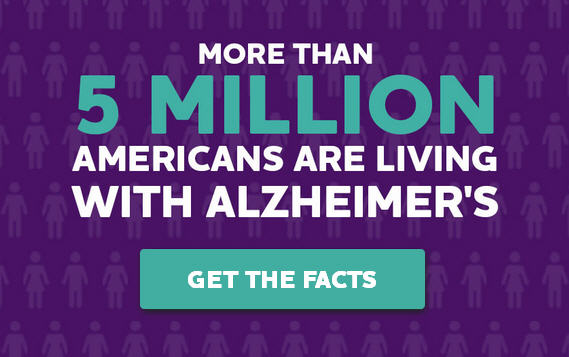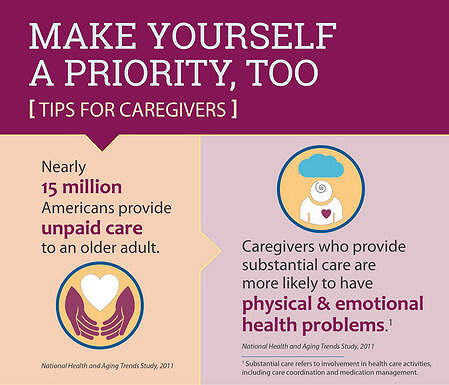(Alzheimer’s Foundation of America) The Social Security Administration’s (SSA) Compassionate Allowance process is a way of quickly identifying diseases and other medical conditions that clearly qualify for Social Security and Supplemental Security Income disability benefits. It allows the agency to electronically target and make speedy decisions for individuals with specific diseases or conditions who meet qualification criteria.
Effective March 1, 2010, SSA added early-onset Alzheimer’s disease (also known as young onset) to its Compassionate Allowance list. According to the SSA, this action will enable qualified individuals to be approved for disability benefits “in a matter of days, rather than months and years.”
It also added 37 other medical conditions, bringing the list to a total of 88 conditions or diseases. The Compassionate Allowance list now includes these dementia-related illnesses:
- Creutzfeldt-Jakob disease
- early-onset Alzheimer’s disease
- Frontotemporal-Dementia (FTD)-Picks Disease Type A
- mixed dementia
- primary progressive aphasia
While having a diagnosis of early-onset Alzheimer’s disease or one of the other conditions on the list will speed up the application process, it is important to note that:
- applicants must still meet additional criteria to be designated as a Compassionate Allowance case and qualify for disability benefits, and
- this list does not apply to individuals who are receiving full Social Security retirement benefits.
SSA manages two programs that provide income to people who are unable to work because of a disability: 1) the Social Security Disability Insurance (SSDI) program and 2) the Supplemental Security Income (SSI) program.
Social Security Disability Insurance (SSDI) provides income to disabled individuals under the age of 65 who are considered “insured”—meaning that the disabled individuals, their spouses or parents worked long enough in jobs covered by Social Security and, therefore, paid Social Security taxes. Monthly payments are based on the worker’s lifetime average earnings covered by Social Security and provide an annual cost of living increase. For people receiving SSA disability benefits, their spouse, divorced spouse and their children (under 18, students, disabled) may also qualify for disability benefits.
Supplemental Security Income (SSI) provides payments to aged (65 or older), blind or disabled individuals who have limited income and resources. This benefit can be applied for once an individual is determined disabled due to a condition such as early-onset Alzheimer’s disease. Payments are based on the Federal Benefit Rate (FBR) and a person’s living arrangements, such as living alone or in another person’s household. Some states supplement the federal benefit with an additional monthly payment.
Note:
Many persons are eligible for disability benefits under both the SSDI and SSI programs at the same time. Applicants for SSDI are often required to concurrently apply for SSI and vice versa.
Here are some important things to know about disability benefits versus health care coverage:
- SSI and SSDI are income benefits, not medical insurance benefits.
- According to the Department of Labor, if a person receives SSA disability benefits, any COBRA benefits may be extended from 18 to 29 months.
- Individuals can apply for Medicaid if they meet the income guidelines as determined by each state. In most states, individuals who receive SSI benefits are eligible for Medicaid. After receiving SSDI benefits for 24 months, beneficiaries are eligible for Medicare, including Part A (hospital benefits), Part B (medical benefits) and Part D (drug benefits).
Resources
- To contact SSA to apply for benefits, click here or call 1-800-772-1213. For individuals who are deaf or hard of hearing call the toll-free TTY number, 1-800-325-0778.
- For more information on SSI, click here.
- For more information on SSDI, click here.
- For more information on Compassionate Allowances, click here.
- To estimate potential benefit amounts, click here.
- To learn more about Medicare or Medicaid , click here.
- If you need assistance with applying for disability benefits, click here to contact your local office of the aging or call 1- 800-677-1116 and ask for a benefits counselor.
- Each state bar association has additional information on disability programs. To find your state bar association, click here.

http://www.alzfdn.org/Medicare/allowance.html
©2015 Alzheimer’s Foundation of America. All rights reserved.







